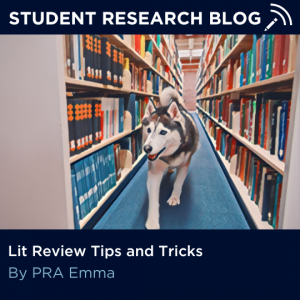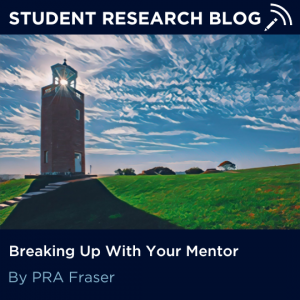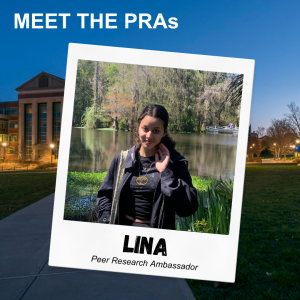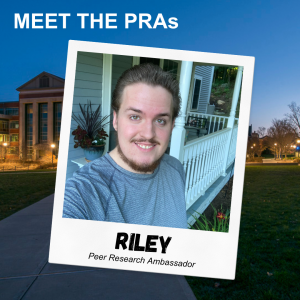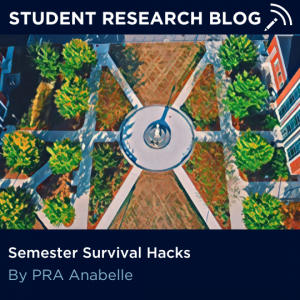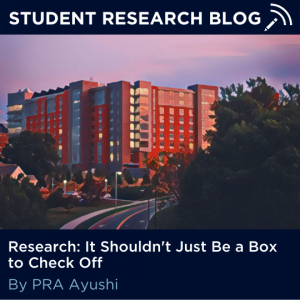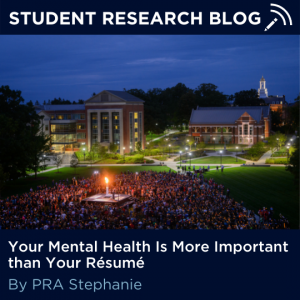By Darren Lee, Peer Research Ambassador
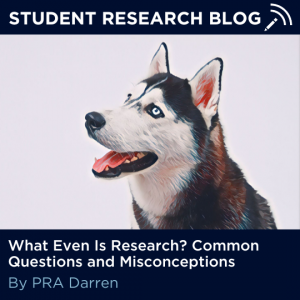 Another fall semester at UConn. Undoubtedly, it’s been a whirlwind of moving in, seeing new faces (or re-acquainting yourself with familiar ones), and settling into the rhythm of classes. By now, you’re most likely aware that many of your professors and TAs are involved in research in addition to just teaching. Whether they’re using their research to introduce themselves to the class, weaving references to it in between lecture slides, or complaining about deadlines (professors are human too!), they’ve probably made that fact abundantly clear. Without a doubt, research is an integral part of the work being done at this university. But what does this actually mean for you?
Another fall semester at UConn. Undoubtedly, it’s been a whirlwind of moving in, seeing new faces (or re-acquainting yourself with familiar ones), and settling into the rhythm of classes. By now, you’re most likely aware that many of your professors and TAs are involved in research in addition to just teaching. Whether they’re using their research to introduce themselves to the class, weaving references to it in between lecture slides, or complaining about deadlines (professors are human too!), they’ve probably made that fact abundantly clear. Without a doubt, research is an integral part of the work being done at this university. But what does this actually mean for you?
Most students’ first exposure to research is in college, so there’s naturally a lot of confusion and apprehension about it. Maybe you’re in awe of all the cool research being done at the university and you’re itching to work on your own project, but you don’t know how you can find a mentor or if you even can do research as an undergraduate. More likely, your eyes are glazing over as you wonder if you could ever get to that level of knowledge in your subject—research seems like an interesting way to get there, but it just seems so hard to get started. If those scenarios describe you at all, then you’ve come to the right place. In this blog post, we’ll be trying to dispel some common myths about research and help you understand what it’s like to be involved in research (Hint: you can do it and it can be really great!).
I’m just an undergraduate student. Are we even allowed to do research?
Yes! Many professors are happy to take in undergraduates who show a strong interest in their work. We even have an entire office at UConn (OUR!) dedicated to providing support and resources to undergraduates who want to get involved in research. Generally, there’s a really great culture surrounding undergraduate research here at UConn, and we’re always excited to have more students share in that! Continue reading
